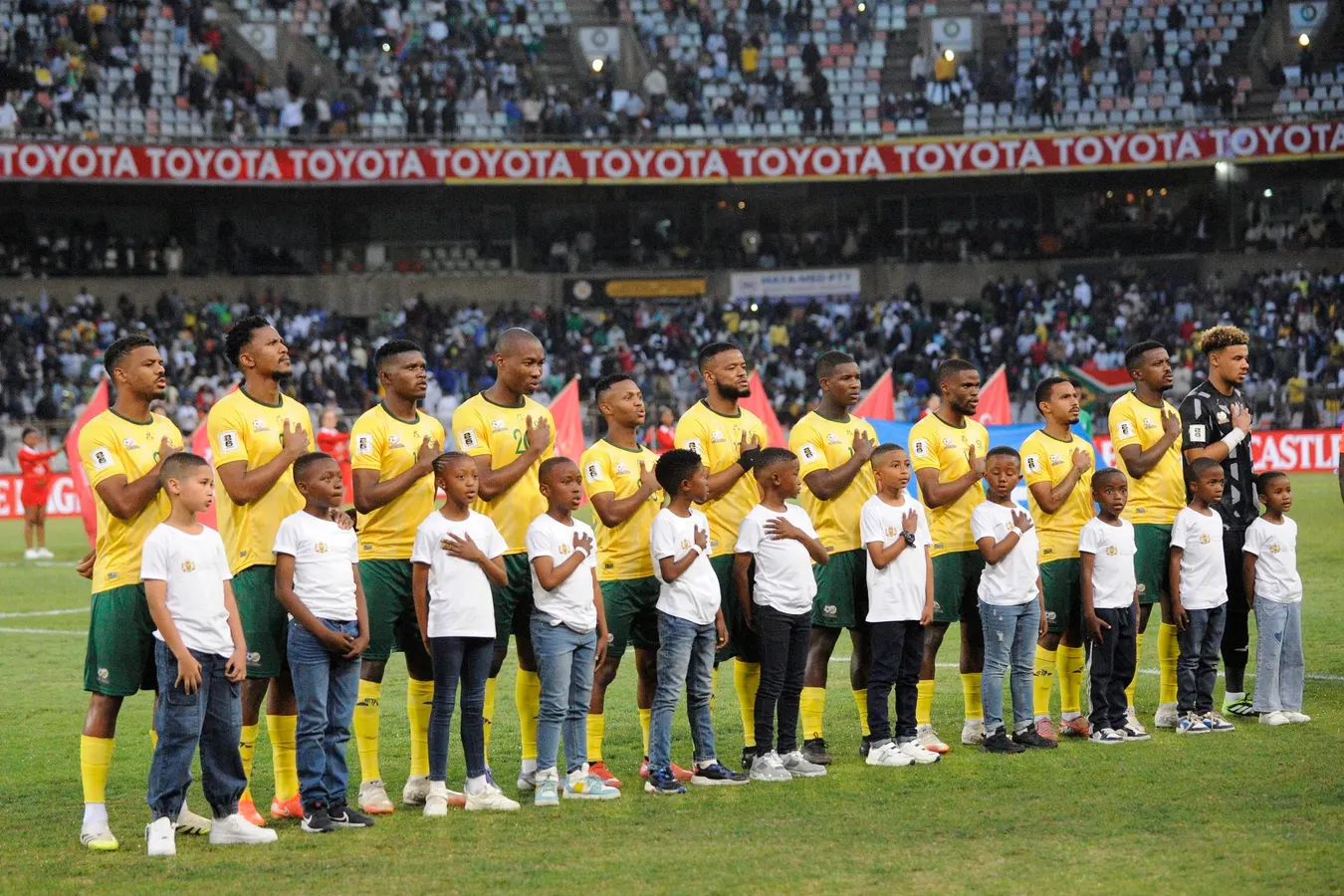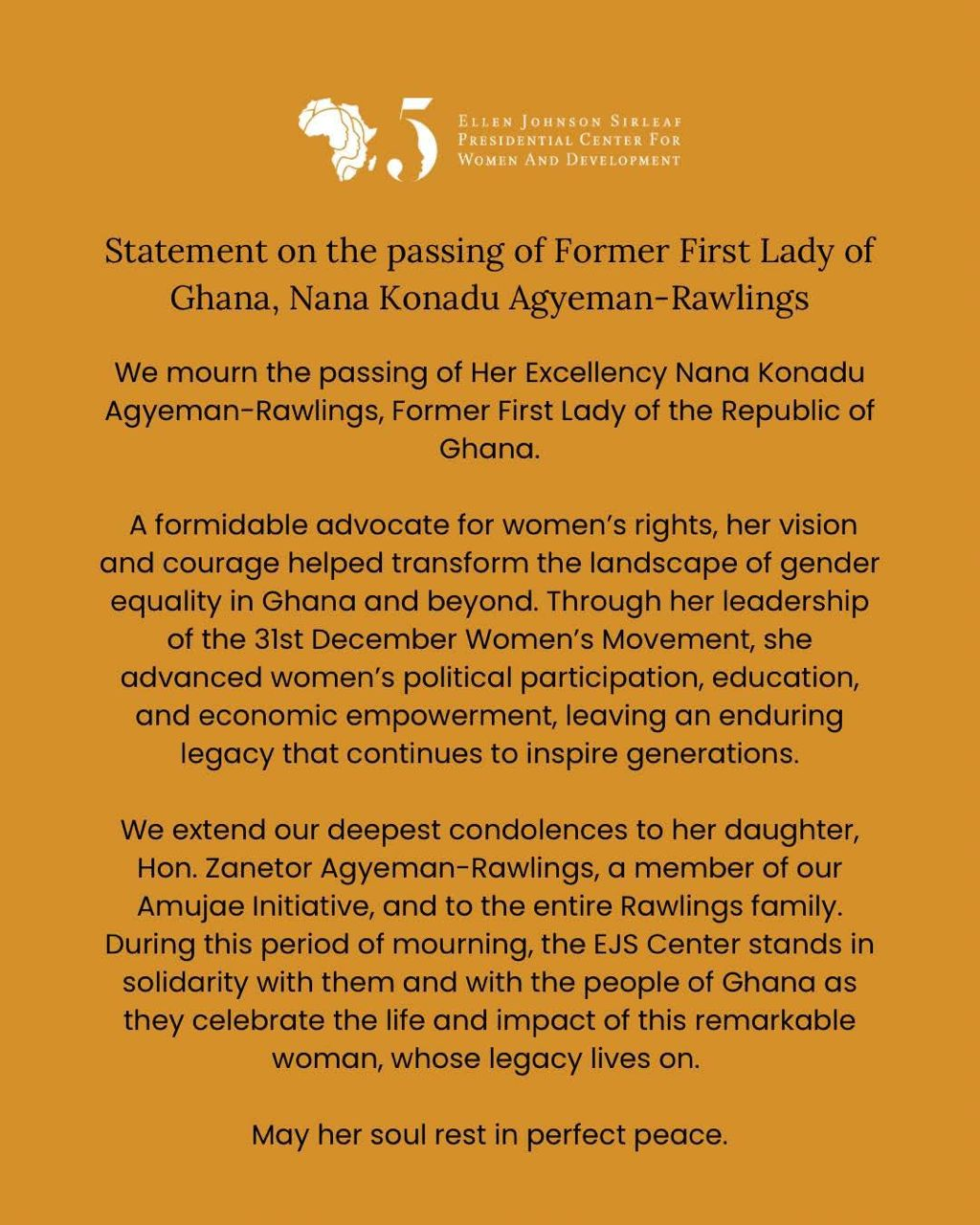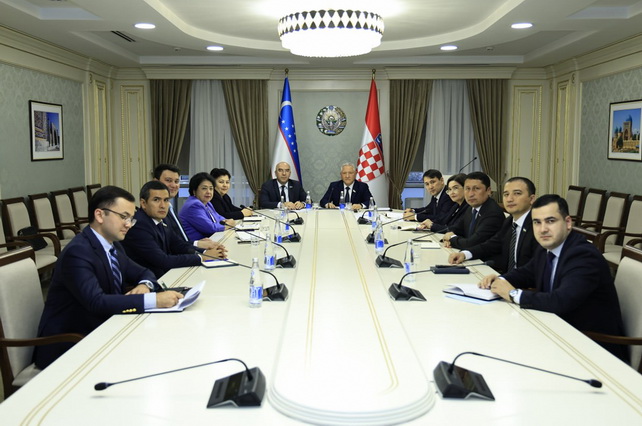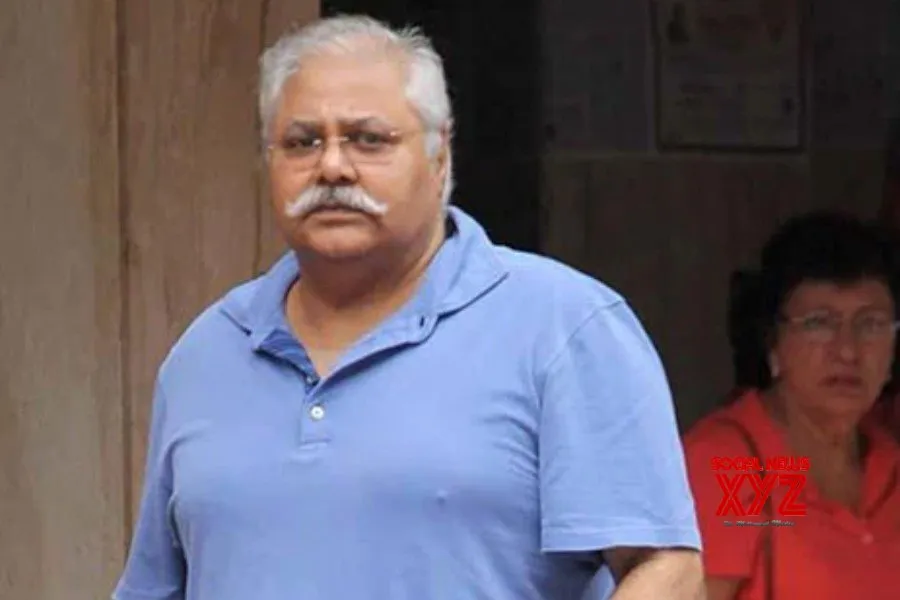Copyright forbes

BLOEMFONTEIN, SOUTH AFRICA - SEPTEMBER 09: South Africa line up before the 2026 FIFA World Cup qualifier match between South Africa and Nigeria at Toyota Stadium on September 09, 2025 in Bloemfontein, South Africa. (Photo by Charlé Lombard/Gallo Images/Getty Images) Getty Images When HONOR South Africa announced its partnership with Bafana Bafana, it signalled more than a sponsorship; it was a statement about the power of technology to enhance sport. For a brand still growing its presence across Africa, the collaboration represents a strategic effort to connect with South Africans through one of their most cherished passions: football. “From HONOR’s side, we understand there are two very important parts of South Africans’ lives, one is sports, and one is music,” said Fred Zhou, CEO of HONOR South Africa, in an interview with Forbes.com. “When the opportunity came, we saw partnering with Bafana Bafana as a technology sponsor as a win-win. We can provide better tools to monitor training and enhance fan connections, while also expanding awareness of our brand.” For Zhou, the partnership was guided by more than marketing logic. Football in South Africa is cultural, emotional, and deeply unifying. By aligning with the national team, HONOR positioned itself at the intersection of innovation and national pride, connecting cutting-edge technology with the spirit of representing the country on the world stage. Shared Values, Shared Vision South Africa's midfielder #23 Mohau Nkota (L) celebrates after kicking a ball that lead to Nigeria's own goal during the FIFA World Cup 2026 Africa qualifiers group C match between South Africa and Nigeria at the Free State Stadium in Bloemfontein on September 9, 2025. (Photo by Phill Magakoe / AFP) (Photo by PHILL MAGAKOE/AFP via Getty Images) AFP via Getty Images HONOR’s global philosophy is rooted in “breaking boundaries,” a principle Zhou says aligns naturally with Bafana Bafana’s ambitions. “We always say technology should help people achieve what once felt impossible,” he explained. “It’s the same with Bafana Bafana; qualifying for the World Cup is about pushing limits and achieving the extraordinary. That shared value brings us together.” MORE FOR YOU The partnership has introduced the team to a comprehensive ecosystem of digital tools designed to enhance both performance and fan engagement. Each player was gifted an HONOR 400 smartphone, a device Zhou describes as one that “combines fashion with technology,” along with smart wearables, earphones, and tablets. Coaches employ HONOR laptops and tablets to monitor training data, track player wellness, and analyse performance trends. “Our wearables help the coaching team monitor players’ physical conditions and analyse basic metrics,” Zhou said. “At the same time, players use our phones and tablets to stay connected, share training sessions, and build stronger bonds with fans.” For Bafana Bafana, this is the first partnership of its kind, one that integrates consumer technology directly into the team’s preparation and communication processes. Nigeria's forward #11 Samuel Chukwueze fights for the ball with South Africa's midfielder #4 Teboho Mokoena (R) during the FIFA World Cup 2026 Africa qualifiers group C match between South Africa and Nigeria at the Free State Stadium in Bloemfontein on September 9, 2025. (Photo by Phill Magakoe / AFP) (Photo by PHILL MAGAKOE/AFP via Getty Images) AFP via Getty Images Beyond providing devices, the integration of wearables and data-driven tools highlights a broader opportunity for South African football. Around the world, teams use GPS trackers, smart vests, and other technology to monitor performance, track wellness, and analyse tactical patterns. Standardised metrics allow coaches and analysts to benchmark talent against international standards, identify areas for improvement, and adopt training practices proven at the highest level. For a developing football market like South Africa, this data-driven approach could accelerate player development, elevate competitive standards, and help local teams close the gap with elite programs, demonstrating that technology’s role extends far beyond gadgets, shaping the future of the game itself. A Commitment to Community HONOR’s involvement in South Africa extends beyond elite sport. Through another initiative, the brand supports digital access in rural communities. “We go out to each province and help schools and community centres,” Zhou shared. “We’ve donated more than two million rand worth of devices so far, helping students and people who don’t have Internet access to get connected.” This focus on inclusion and education reinforces the company’s belief that technology should empower lives, from classrooms to stadiums. It also reflects how brands are increasingly expected to demonstrate social value alongside marketing visibility. Measuring Success Through Shared Growth BLOEMFONTEIN, SOUTH AFRICA - SEPTEMBER 09: South Africa players celebrate during the 2026 FIFA World Cup qualifier match between South Africa and Nigeria at Toyota Stadium on September 09, 2025 in Bloemfontein, South Africa. (Photo by Charlé Lombard/Gallo Images/Getty Images) Getty Images When asked how HONOR measures the impact of its sponsorship with Bafana Bafana, Zhou emphasised mutual benefit over metrics. “It’s not about strict statistics,” he said. “If Bafana Bafana can experience the benefits of our technology, and if we can bring fans closer to their team, that’s a win-win.” While HONOR focuses on qualitative impact, broader sponsorship data from Novus Group shows just how far a national team partnership can reach. Le Coq Sportif led the pack, generating over R3.3 million in advertising value equivalent (AVE) through logo placements, interviews, and product visibility. Other top sponsors included 10Bet (R1.055 million), SAA (R619,800), Freddy Hirsch (R600,185), and Southern Sun (R574,450). Much of this exposure came from clothing, interviews, and stadium signage, showing that sponsorship impact extends both on and off the field. South African supporters sing during the FIFA World Cup 2026 Africa qualifiers group C match between South Africa and Nigeria at the Free State Stadium in Bloemfontein on September 9, 2025. (Photo by Phill Magakoe / AFP) (Photo by PHILL MAGAKOE/AFP via Getty Images) AFP via Getty Images The audience reach was also demographically strong. According to Novus Group, 59% of viewers were men and 41% were women, with broad representation across age groups. The viewership was overwhelmingly Black (97%), and 58% came from LSM 5–6 households, demonstrating the national team’s connection with everyday South Africans. For sponsors, this represents a unique opportunity to engage meaningfully with a wide and diverse audience. HONOR’s support has arrived at a moment of renewed optimism for South African football. With the men’s national team qualifying for the 2026 FIFA World Cup, their first in two decades, the partnership positions HONOR alongside a narrative of national resurgence and pride. “We’re very proud of them qualifying,” Zhou said. “As they go to the World Cup next year, fans and consumers can look forward to big announcements from us.” The sponsorship runs for one year with an option to extend for two more, though financial details remain confidential. Zhou noted that the collaboration is designed for longevity, particularly as Bafana Bafana’s journey gains global exposure. Expanding Africa’s Tech and Sport Connection South Africa's midfielder #4 Teboho Mokoena (C) celebrates with teammates after scoring a goal during the Africa Cup of Nations (CAN) 2024 round of 16 football match between Morocco and South Africa at the Stade Laurent Pokou in San Pedro on January 30, 2024. (Photo by SIA KAMBOU / AFP) (Photo by SIA KAMBOU/AFP via Getty Images) AFP via Getty Images HONOR’s ambitions go well beyond South Africa. The company already operates in over 14 African countries and ranks as the fourth-largest smartphone brand on the continent. Zhou sees the World Cup as an opportunity not only for Bafana Bafana but also for showcasing African partnerships on a global stage. “Partnering with Bafana Bafana allows us to break boundaries to another level,” he said. Looking ahead, HONOR aims to deepen its role in integrating artificial intelligence into sports performance and everyday life. The company has committed to investing $10 billion globally over the next five years to advance AI technologies. “All technology should serve life and make it more convenient,” Zhou emphasised. “We want everyone using HONOR products to experience a level-up, smoother, smarter, and more connected.” In an era where sports sponsorships often end at branding, HONOR’s partnership with Bafana Bafana stands out for its focus on tangible impact. On one hand, the team benefits from data-driven tools that enhance training, monitor performance, and strengthen player-fan connections. On the other hand, HONOR is expanding digital access in rural communities, providing devices and connectivity to schools and centres that otherwise lack technology. Together, these initiatives reflect a broader vision: one where technology drives performance, fosters connection, and supports progress. As Bafana Bafana prepares to return to the world stage, HONOR is part of a story that goes far beyond marketing. It is a story of shared ambition, a commitment to “break boundaries,” and a belief that technology can elevate not just the game, but the spirit of those who play and support it. Editorial StandardsReprints & Permissions



